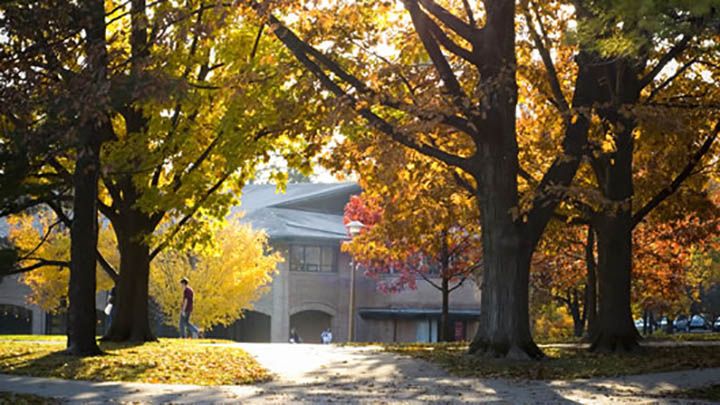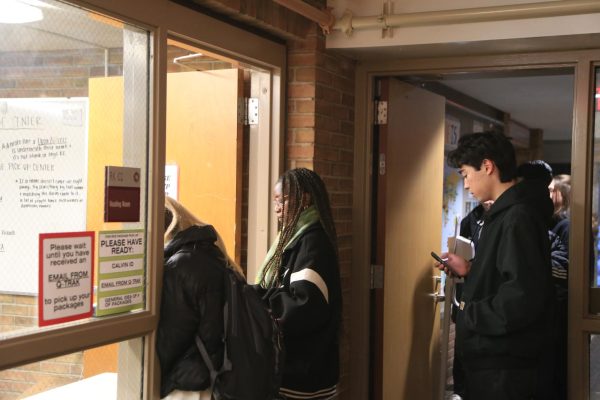40% of students who visit Counseling and Wellness show signs of depression
Roughly 40 percent of students who visit the Center for Counseling and Wellness (CCW) report having symptoms of depression, according to Dr. Irene Kraegel, director of the CCW. Kraegel said that depression rates have been on the rise among students who seek help in college counseling centers nationwide, and it is currently the second most frequently presented problem in the CCW at Calvin.
“There are all kinds of stresses on students,” Kraegel explained. “Stress can exacerbate depression, so if you’re already vulnerable to depression, then stress can pull that out to the surface.”
Some of the most common sources of stress cited by Calvin students are their social, familial, financial and academic situations, but there are other areas of life that can cause stress and symptoms of depression as well.
Students suffering from depression often display symptoms such as sadness, hopelessness, and feelings of isolation and fatigue. They may also experience difficulty falling asleep or excessive sleeping, significant changes in appetite, and irritability. Suicidal thoughts are a more serious sign of depression and should not be dismissed.
Kraegel acknowledges the challenge involved in treating students with depression. “Depression is a complicated experience,” she said. “It’s chemical and neurological, but it’s also socially based, connected to thought patterns and cognition, and there are spiritual components to it.”
She also explained that symptoms of depression are not always a bad sign. There are situations in which symptoms are expected, such as when experiencing “culture shock” or grieving.
“When depression is getting in the way of people’s functioning … that’s when we start to become more concerned,” she added. “And obviously, if there are any safety issues associated with it … we want to make sure we intervene.”
Depression, being a complex and personal issue, requires individualized attention. Kraegel recognizes this.
“We want to avoid a one-size-fits-all approach. In the past, everybody who came in received the same treatment, and now, we’re realizing that everybody has different needs,” she said.
The CCW offers a variety of services to students struggling with depression and other mental health concerns.
“For each student that comes to see us, we want to customize a treatment package just for them,” Kraegel explained.
An initial screening test allows the CCW to evaluate the severity of the patient’s symptoms and develop an appropriate treatment plan. Most of the services the CCW offers are group-oriented, such as Thrive! Seminars or workshops, but they also offer online therapy, such as Therapy Assisted Online (TAO) Modules and the Peer Support Program, for those who wish to work individually. Many students are referred to support groups within the Calvin community to tackle the underlying cause of depression. Other services, including individual sessions, are offered depending on the severity of the symptoms.
Students who are struggling with depression, experiencing symptoms of depression, or dealing with any other mental health concerns should visit the Center for Counseling and Wellness located in the Spoelhof Center or go to calvin.edu/go/counseling for more information.







